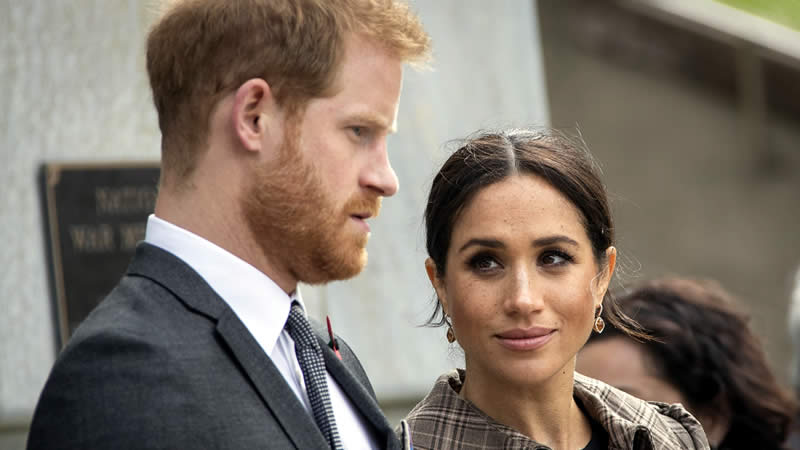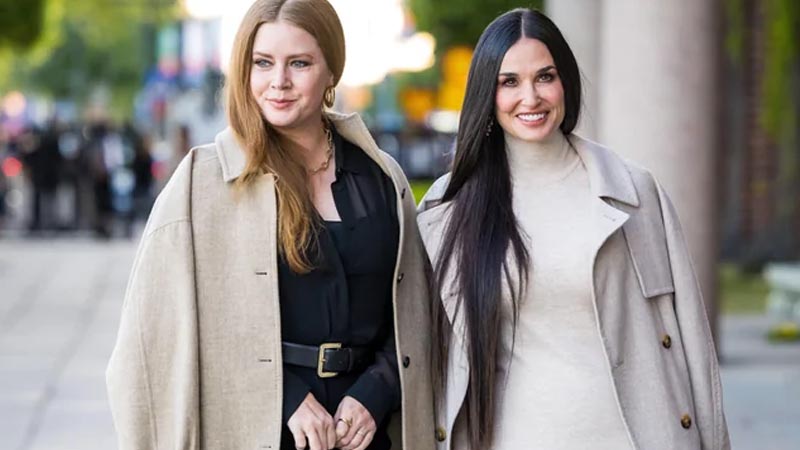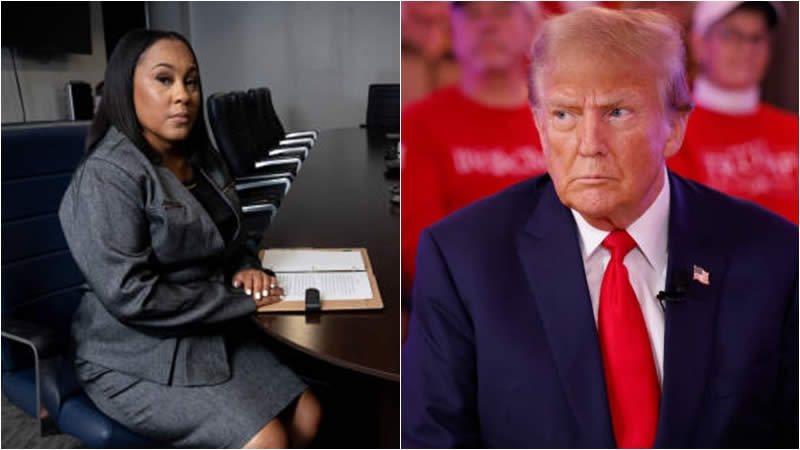Supreme Court Misses Core Issue in Trump Immunity Case, Says Retired Judge Luttig

(Evan Vucci/AP)
In a recent and detailed thread on X, retired appellate judge Michael Luttig critiqued the Supreme Court’s handling of oral arguments in a pivotal case concerning whether former President Donald Trump possesses immunity from prosecution regarding his alleged involvement in a federal election conspiracy.
Luttig, expressing his disappointment, suggested that the Supreme Court entirely missed the core issue at stake during the proceedings. The central issue, according to Luttig, revolves around the possibility of prosecuting a former President for actions aimed at retaining power despite the electoral victory of a successor, thereby potentially disrupting the lawful transition of presidential authority for the first time in U.S. history, told CNN.
Luttig emphasized the gravity of this matter, noting that it addresses the fundamental principle of a peaceful transfer of power, an element vital to the stability of American democracy. During the oral arguments, Justice Samuel Alito seemed particularly keen on finding grounds to justify granting Trump the immunity he seeks. However, Luttig argued that the justices were sidetracked by peripheral issues rather than focusing on the pivotal question of whether a former president can be held accountable for actions that threaten the constitutional process.
He pointed out that the Constitution’s framers explicitly designed the system to prevent any president from having a role in the certification of his own election, precisely to avoid conflicts of interest that could arise from self-serving actions. The debate in the Supreme Court also touched upon the possibility of a middle ground, where the prosecution might proceed, but Trump could claim immunity for certain “official acts.”
“As with the three-hour argument in Trump v. Anderson, a disconcertingly precious little of the two-hour argument today was even devoted to the specific and only question presented for decision,” wrote Luttig, who is widely regarded to be the father of the modern conservative legal movement. “The Court and the parties discussed everything but the specific question presented.”
The task of determining which acts fall under this category would then fall to the lower courts. Luttig, however, dismissed this as unnecessary, advocating for a clear stance that the former president’s actions, as alleged, do not merit immunity because they directly contradict the principles of democratic governance and constitutional law.
Luttig concluded his critique by stressing the absurdity of any argument that Trump was not adequately warned that criminal acts like those he is charged with would lead to prosecution. He argued that to conclude otherwise would undermine the “plain statement” rule and render it meaningless, effectively making a mockery of the law.
“Whether undertaken in his or her ‘official,’ ‘candidate,’ or ‘personal’ capacity, a President of the United States has never been and can never be immune from prosecution (after leaving office), for having attempted to remain in power notwithstanding the election of that President’s successor by the American People,” wrote Luttig. “Consequently, there is no reason whatsoever for the Supreme Court to remand to the lower courts for a determination of which of the alleged criminal acts might have been personal and which might have been official.”
This analysis by Luttig not only highlights his deep concerns over the potential implications of granting immunity in such a case but also underscores the broader implications for the rule of law and the preservation of constitutional norms in the United States. The outcome of this Supreme Court decision could set a significant precedent regarding the limits of presidential power and accountability, particularly in matters involving the integrity of the electoral process.


